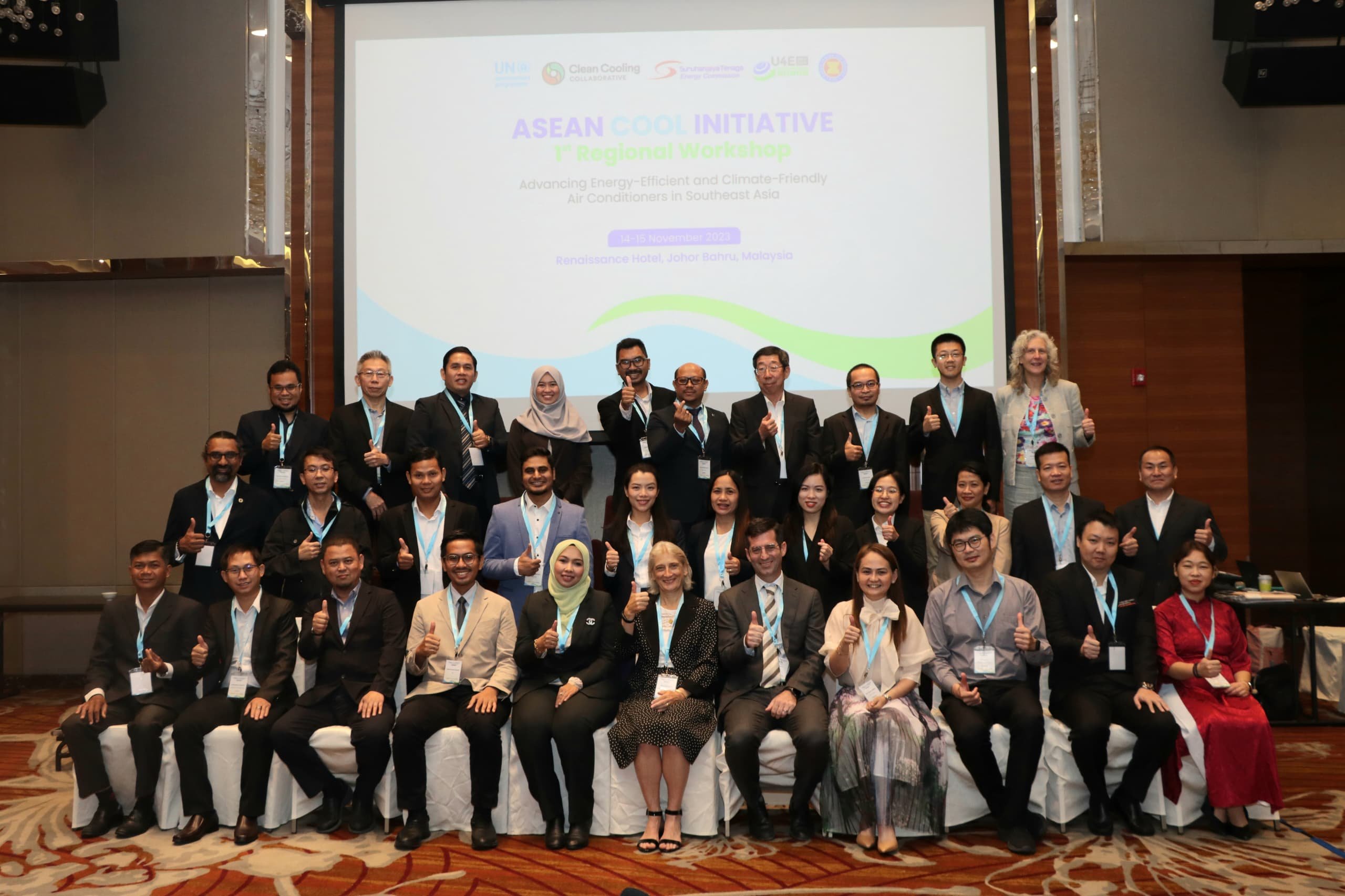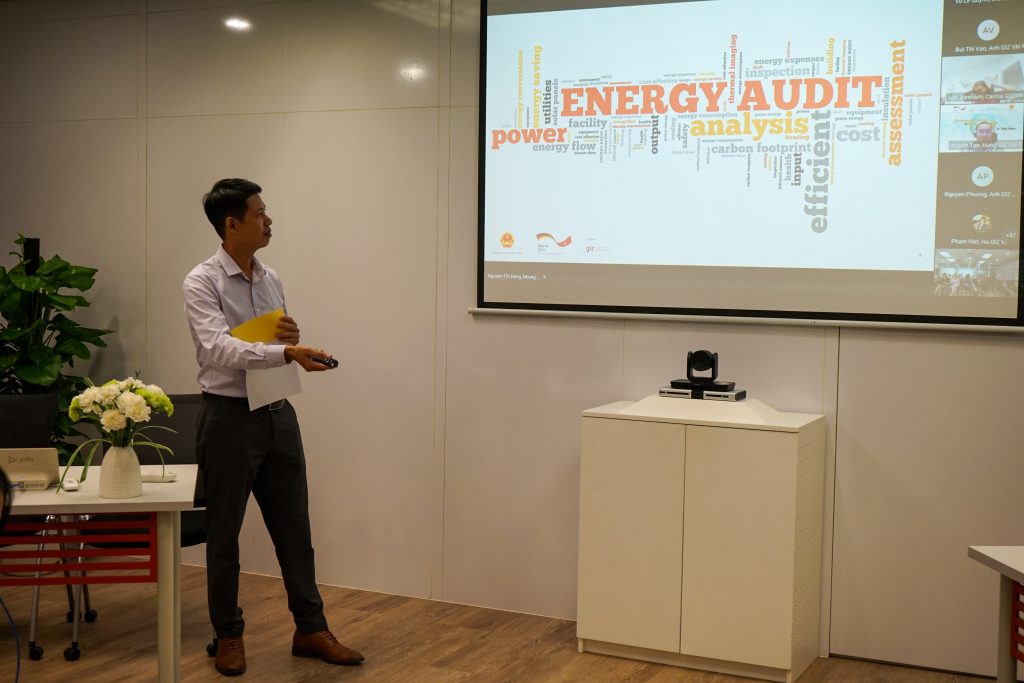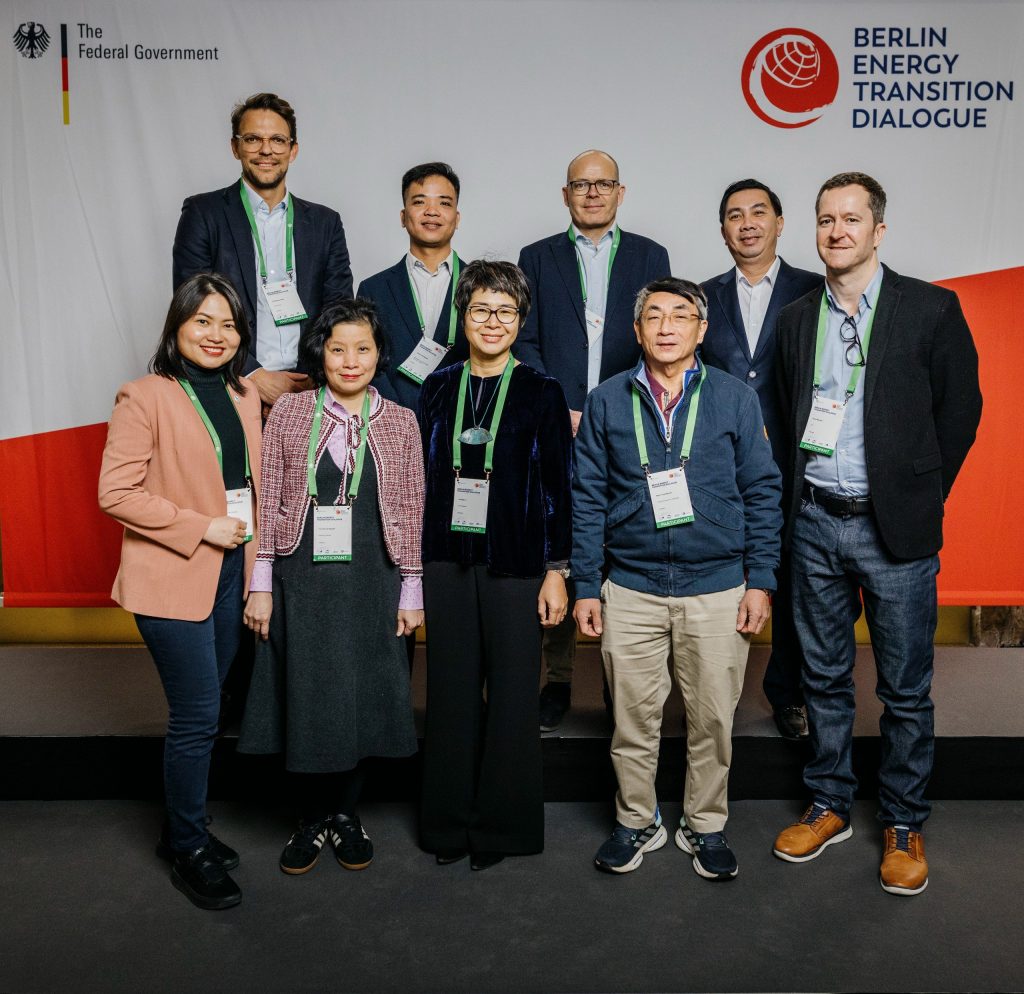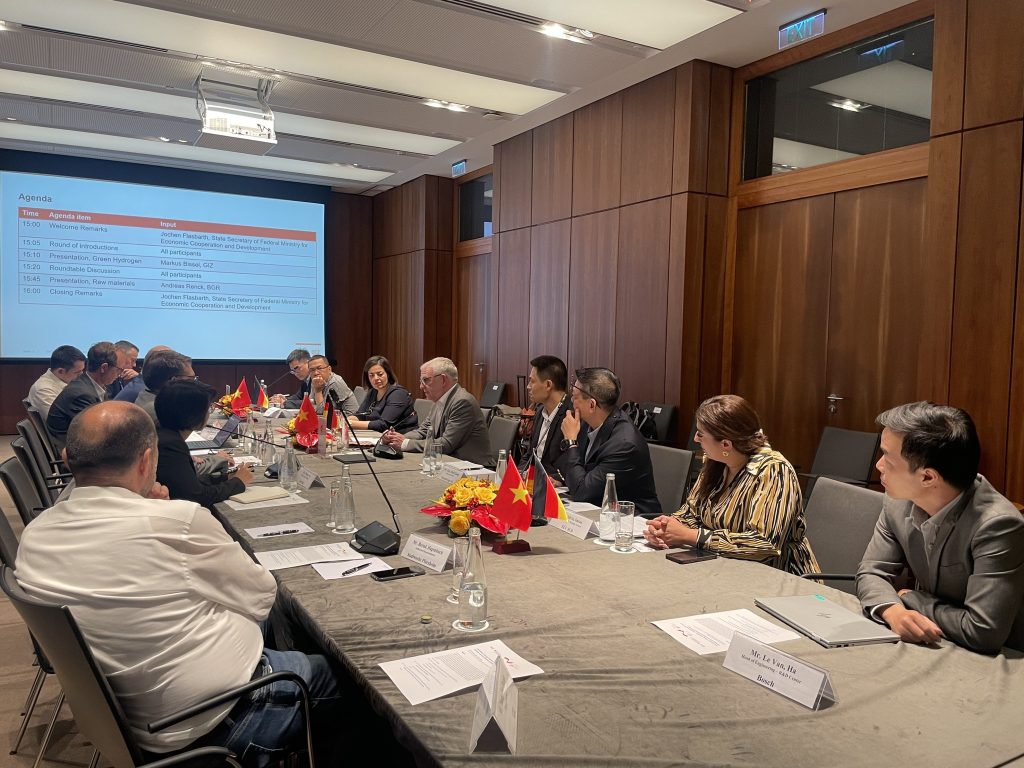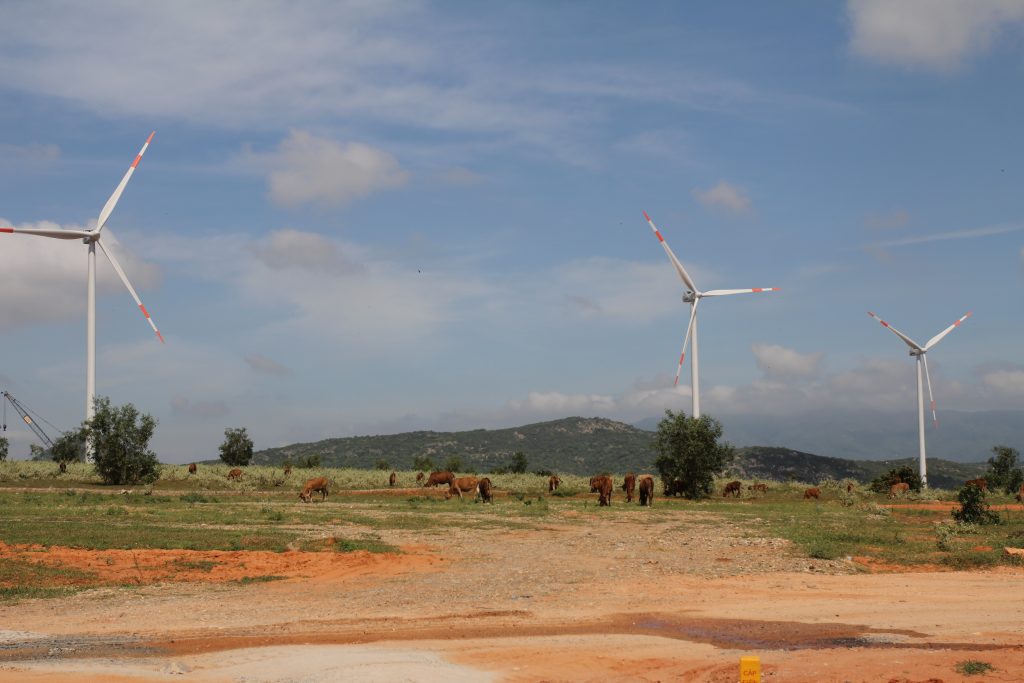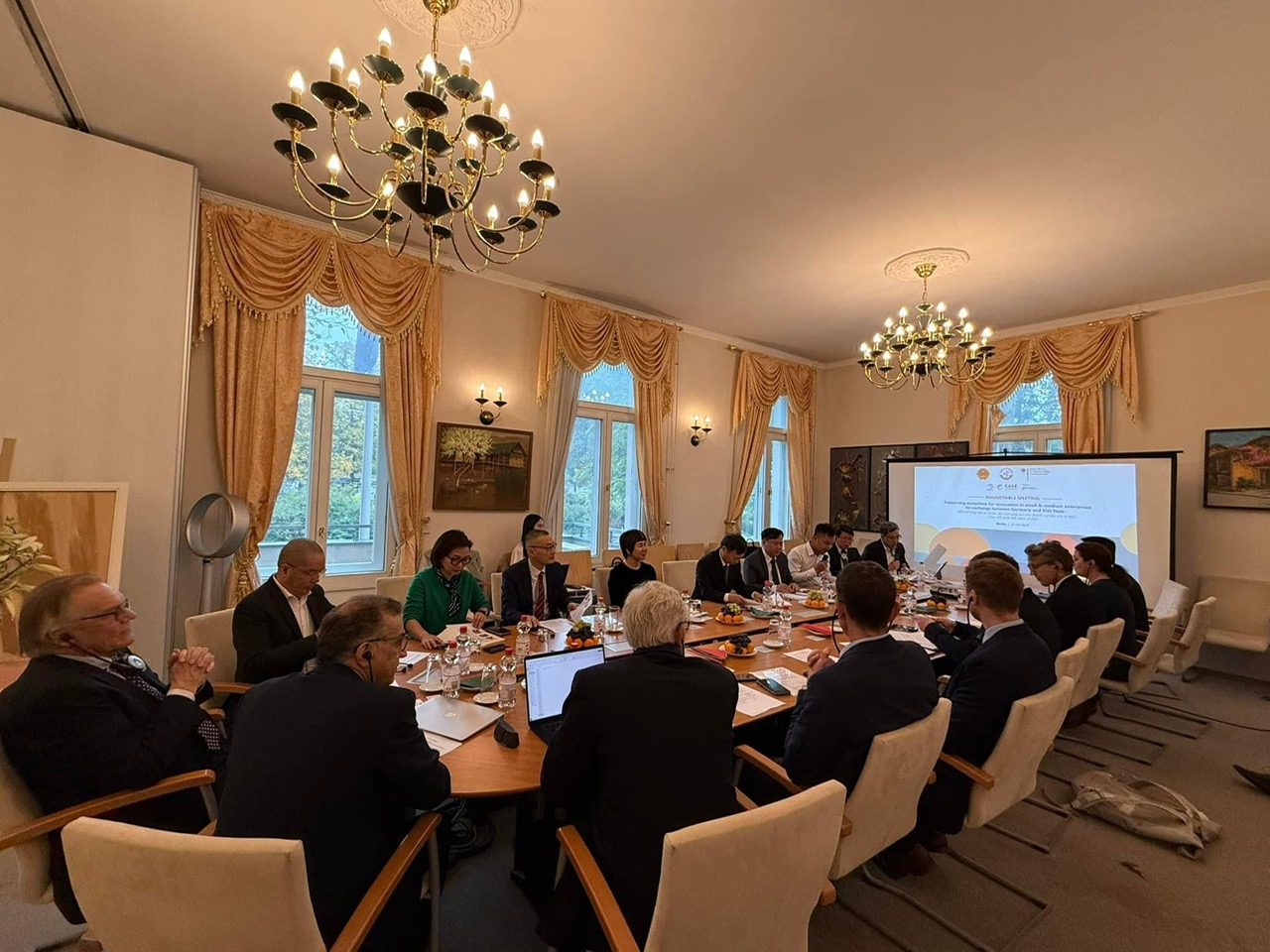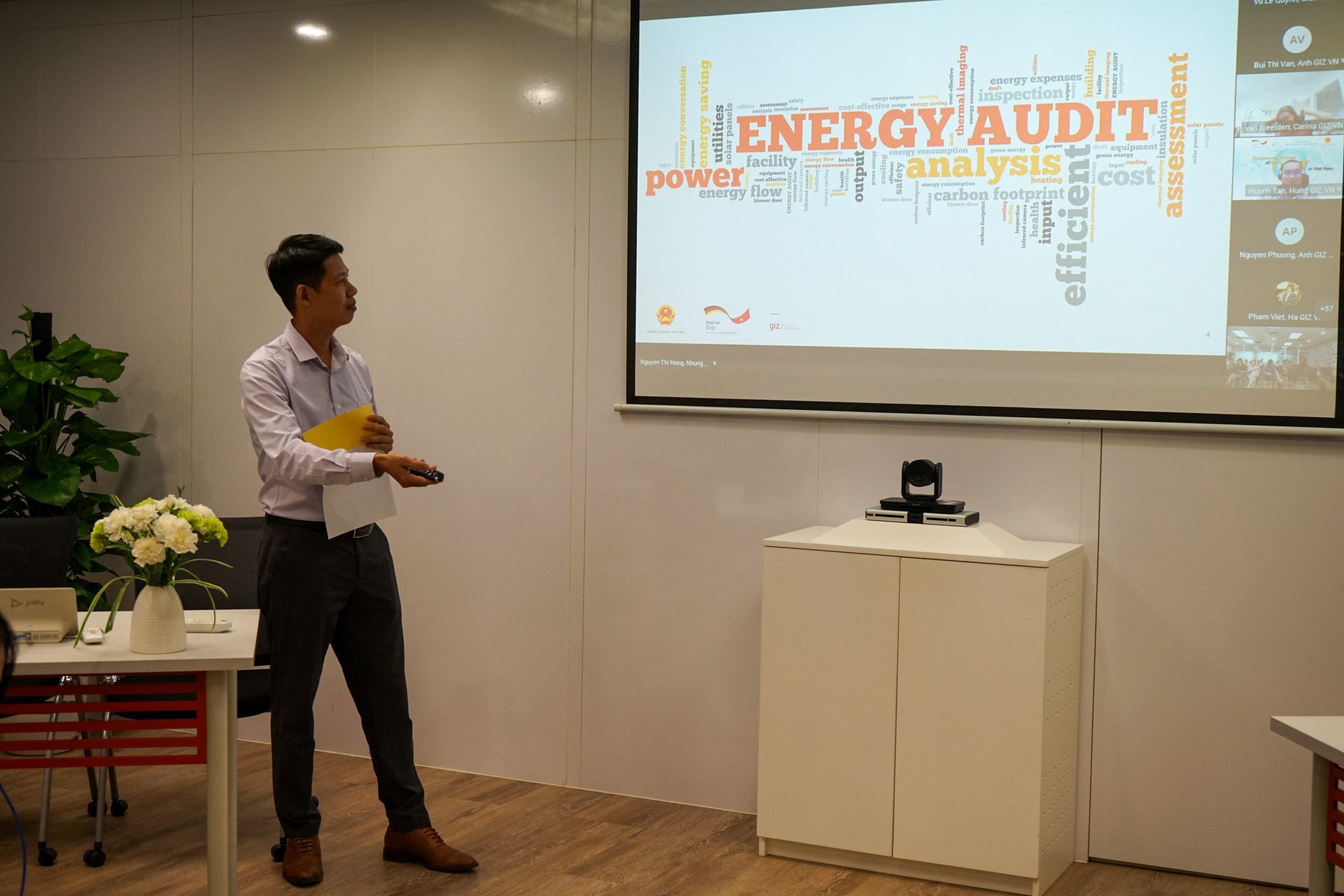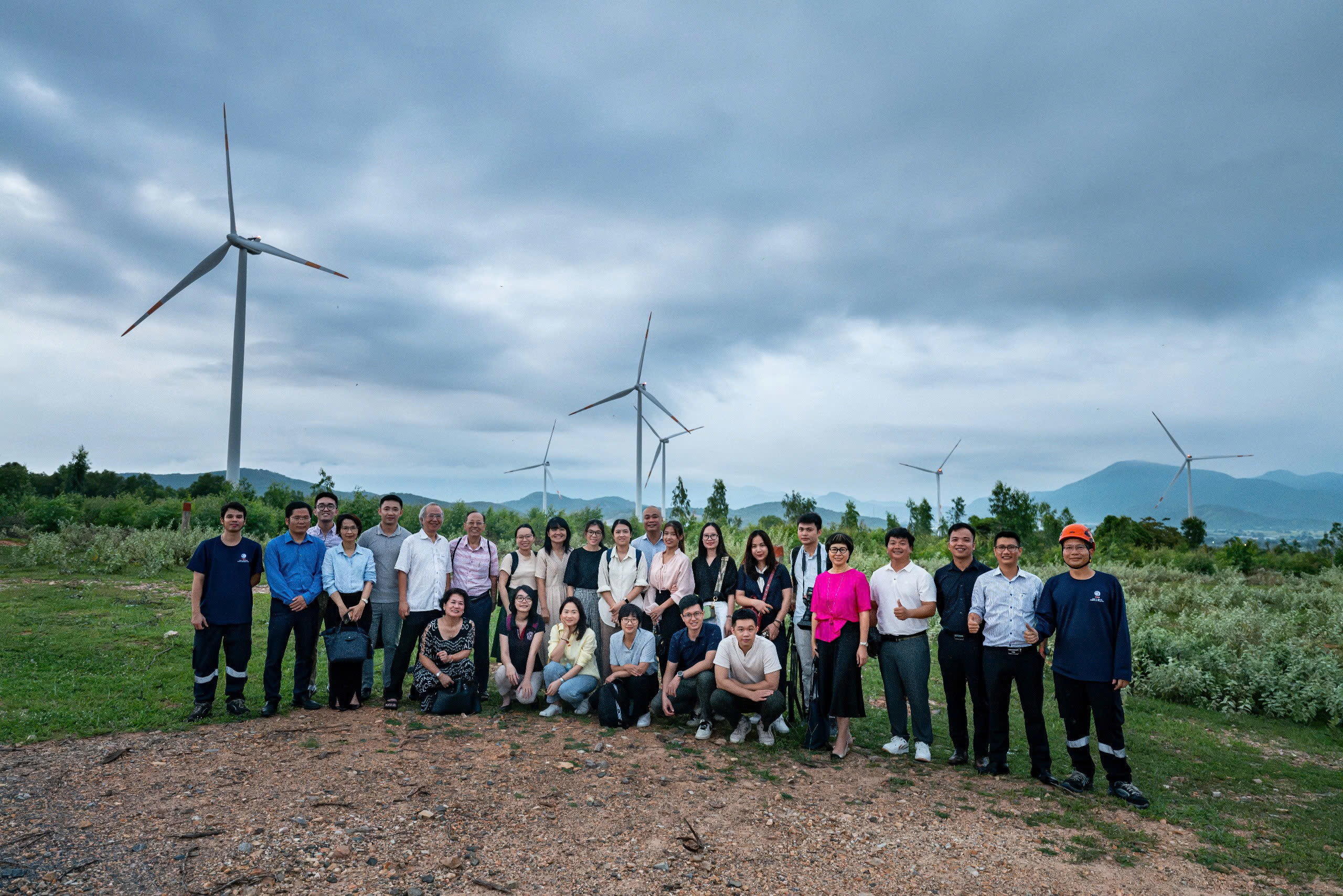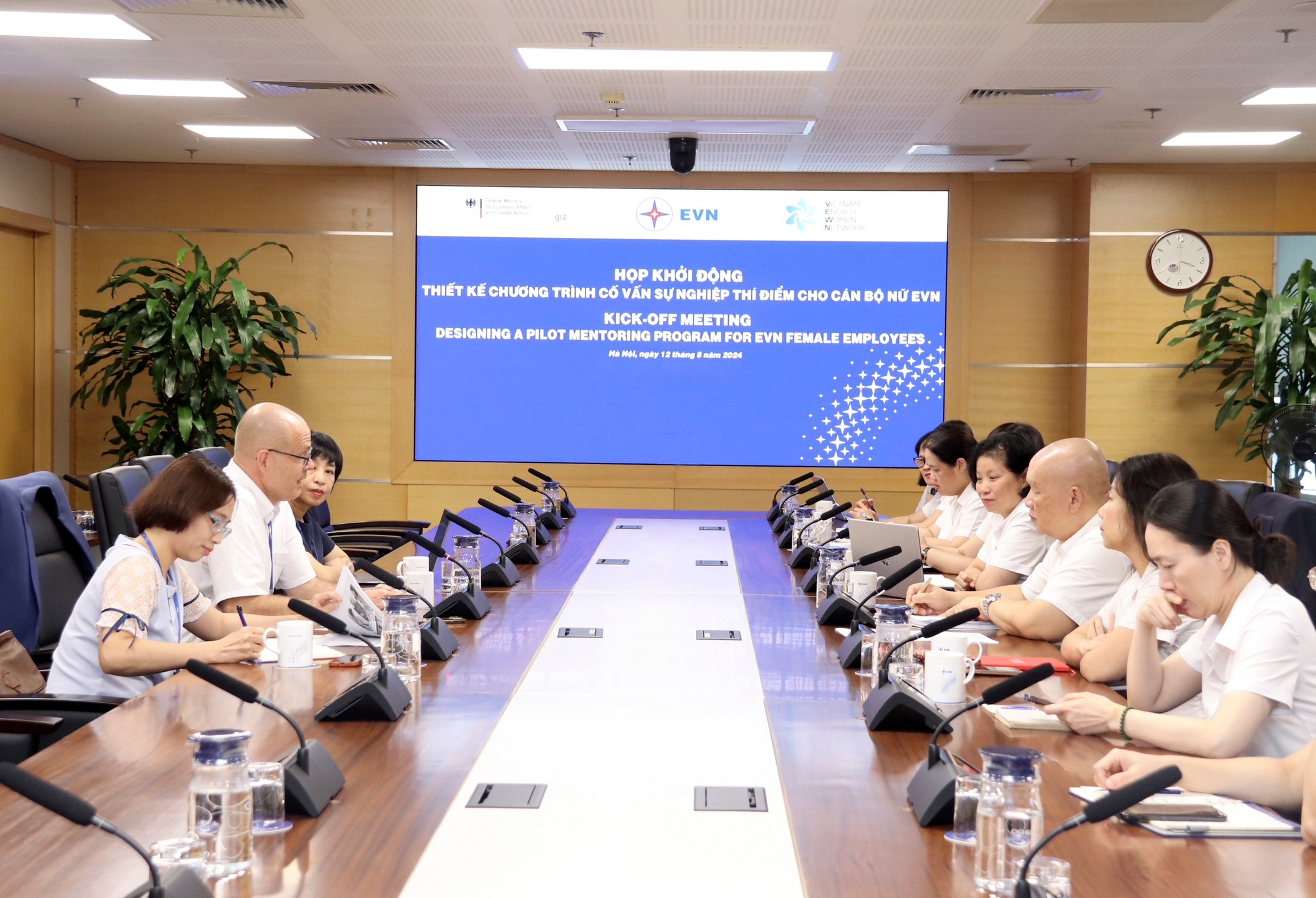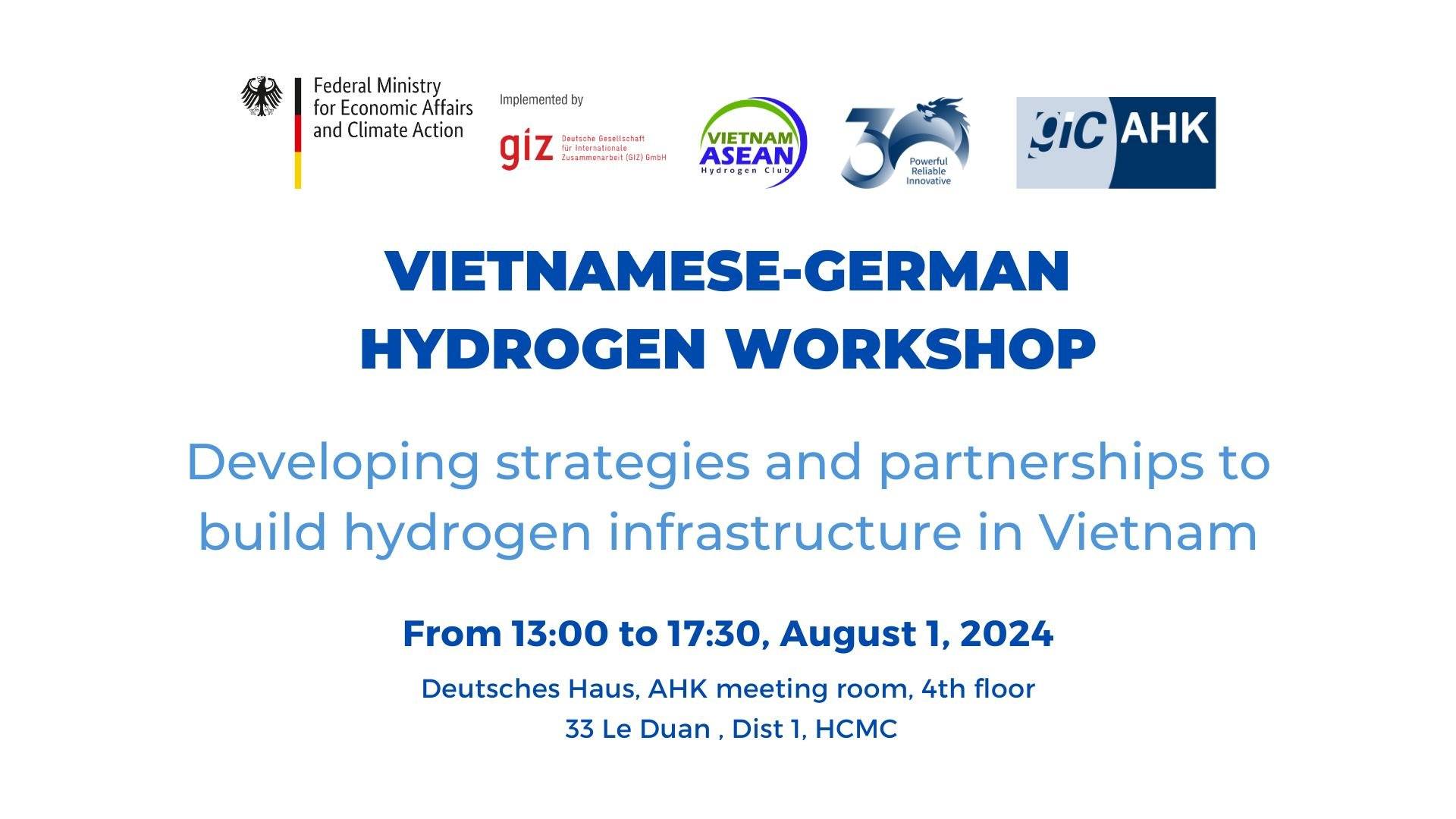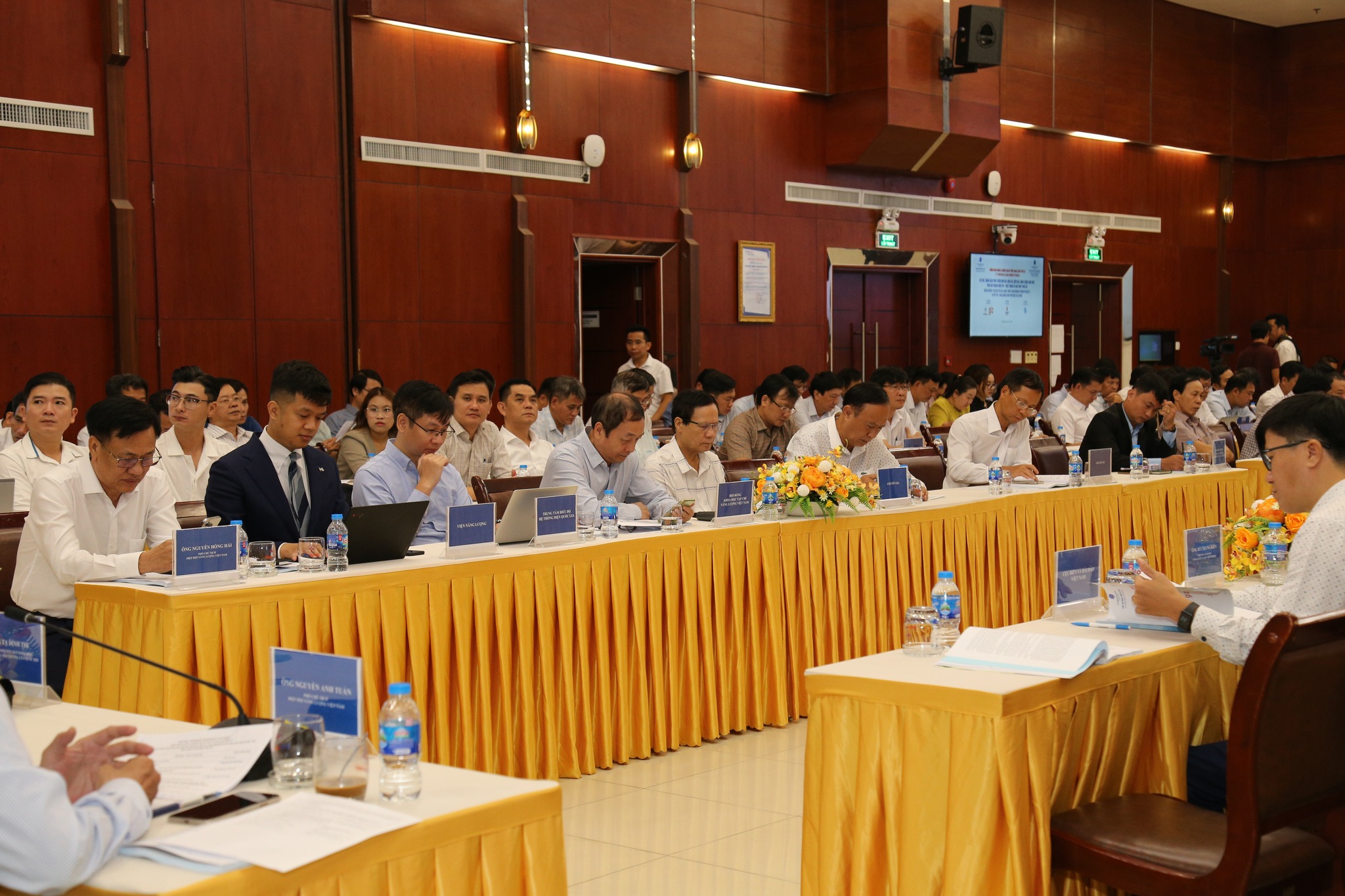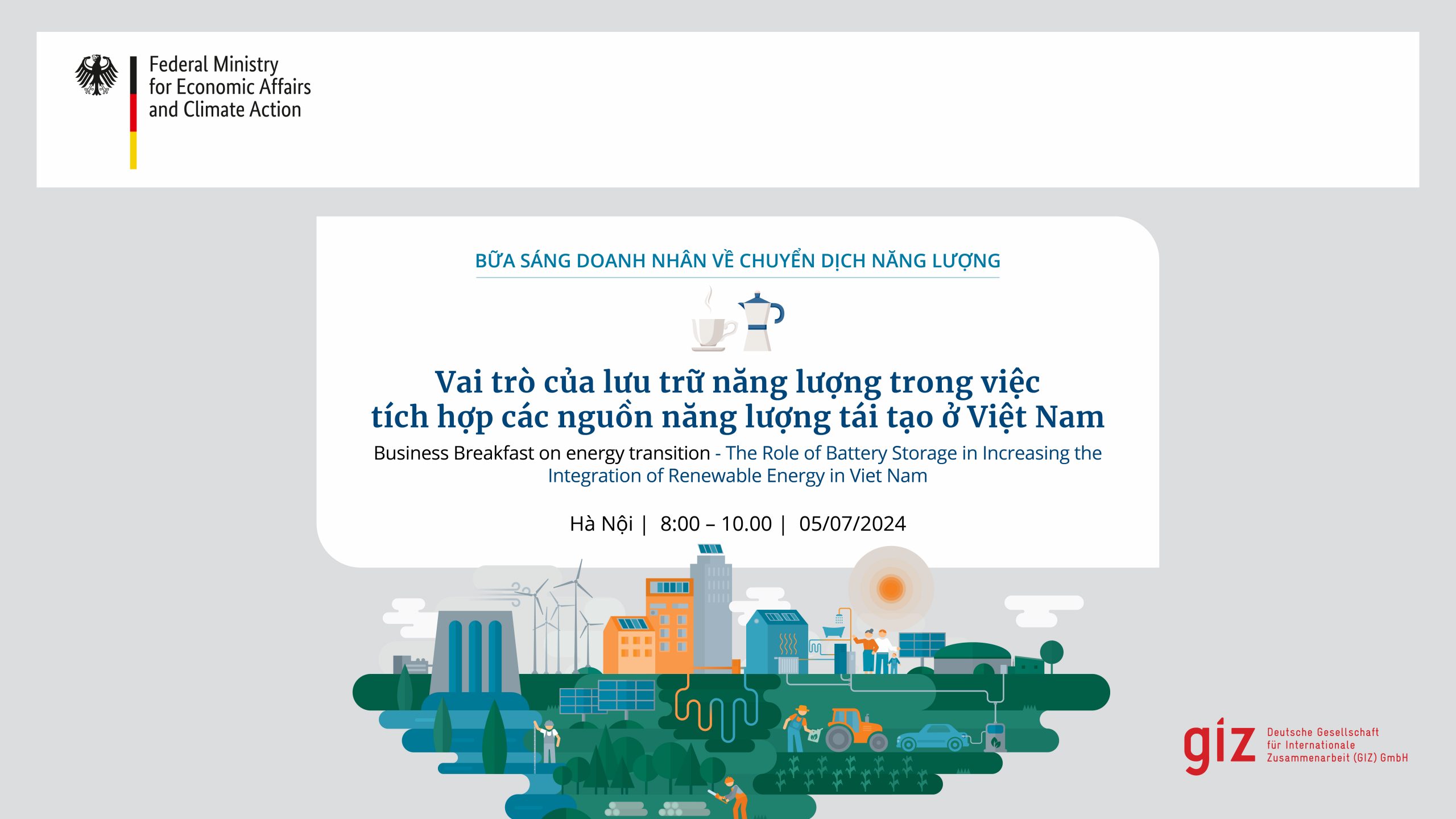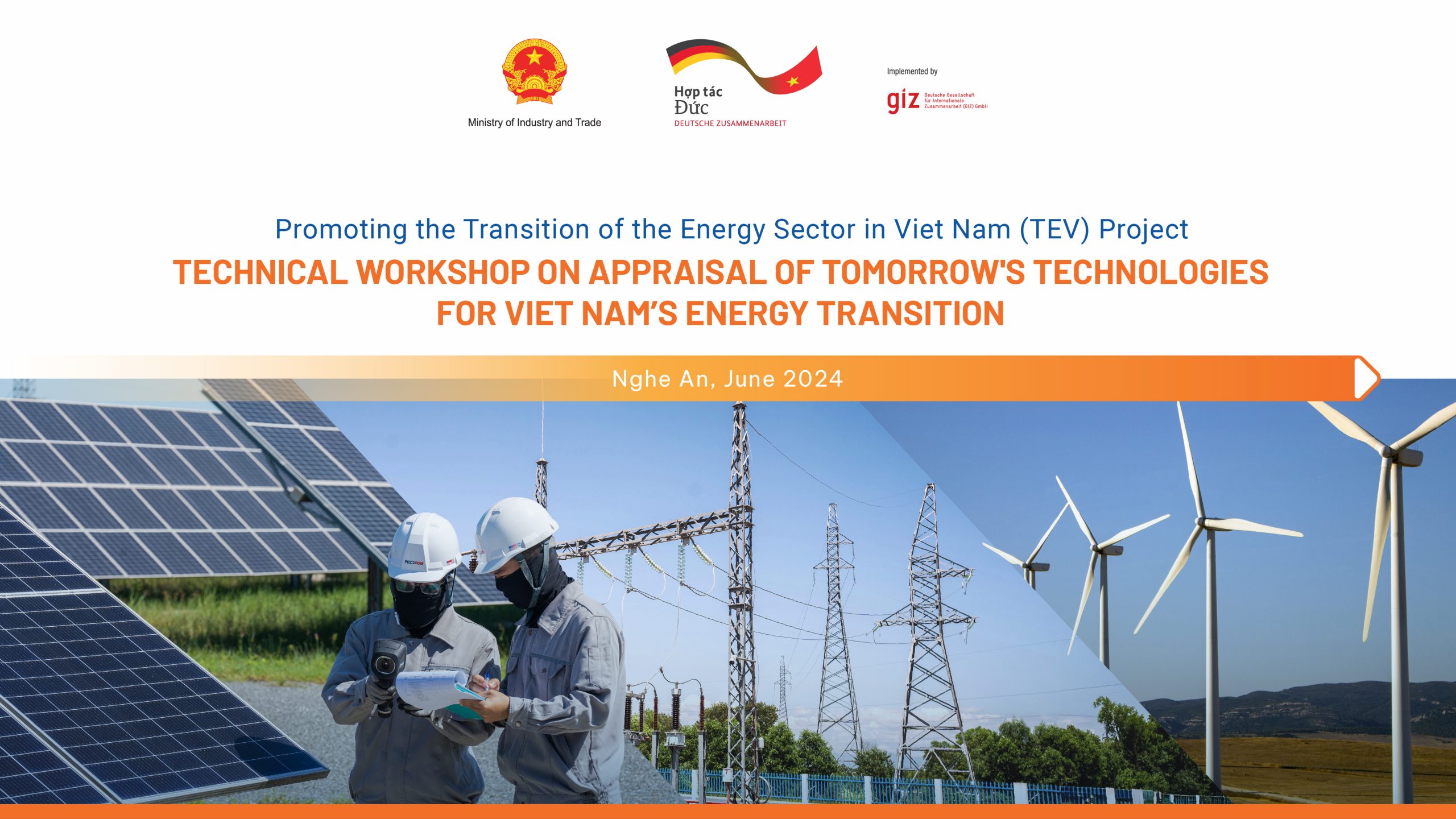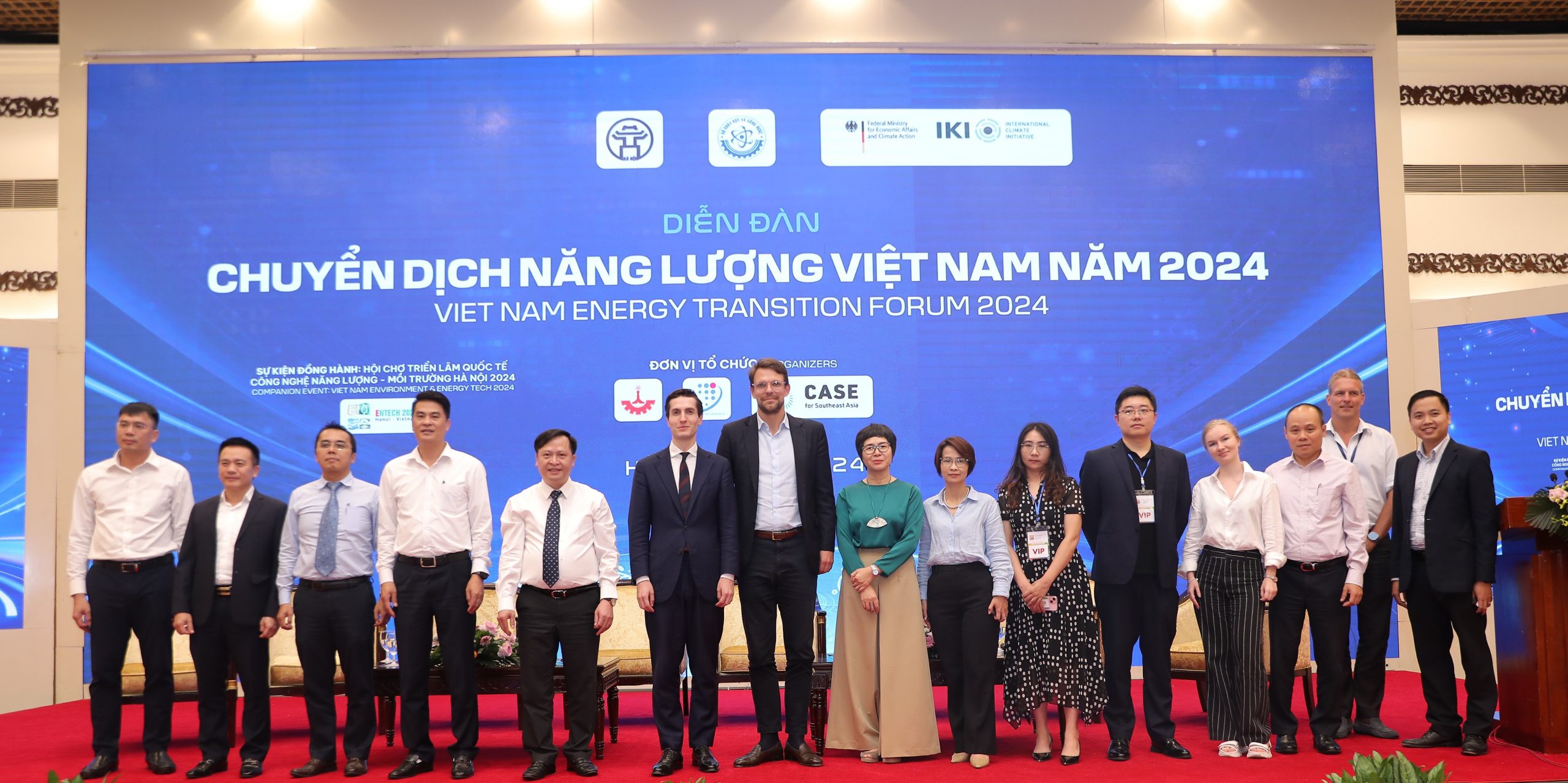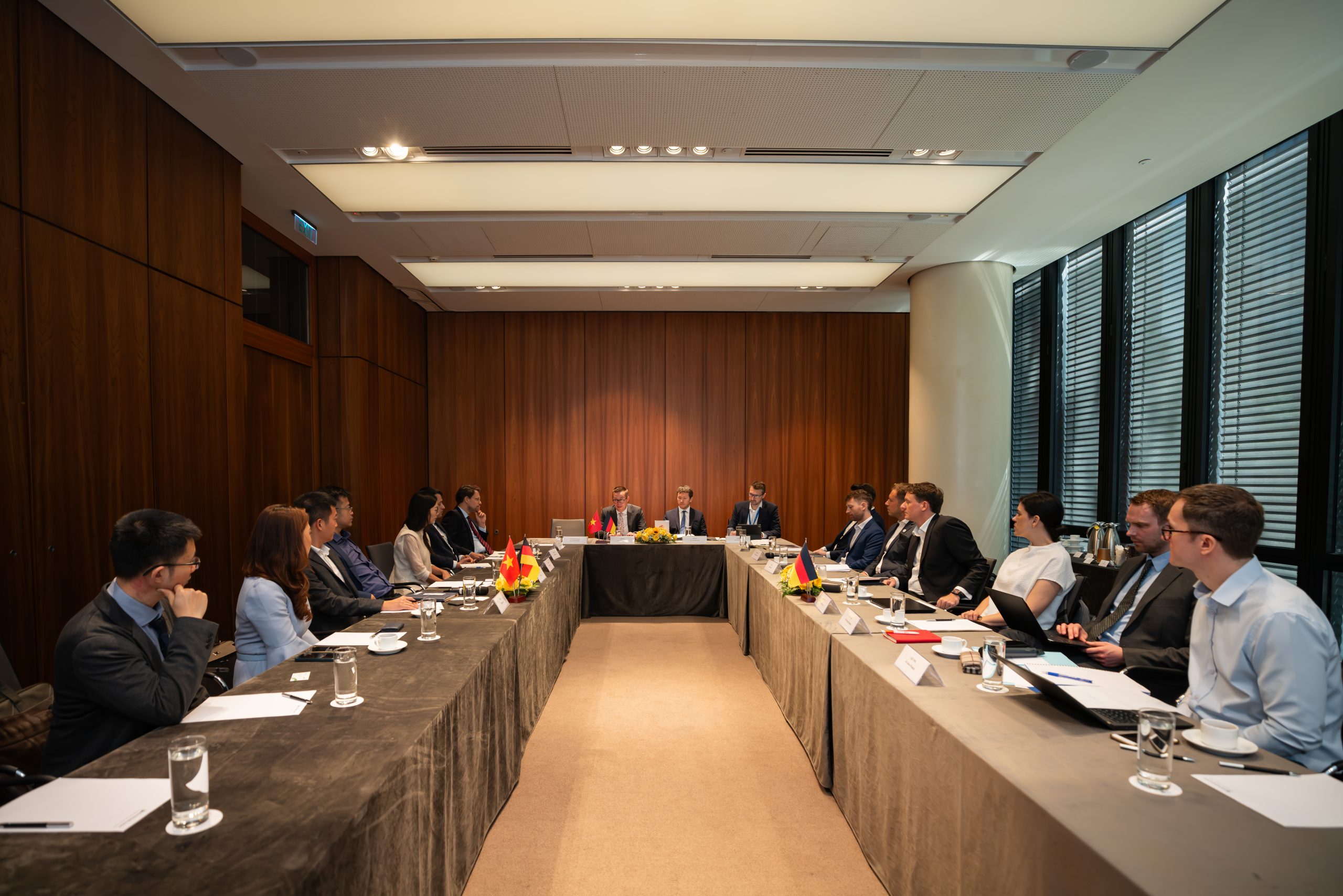During November 14-15, 2023, the first workshop on cooling in the Southeast Asia was organized in Johor Bahru, Malaysia by United Nations Environment Programme’s United for Efficiency (UNEP-U4E) under the framework of ASEAN Cool (AC) Initiative, which is funded by the Clean Cooling Collaborative (CCC). The supporting partners include the ASEAN Centre for Energy (ACE), GIZ, Lawrence Berkeley National Laboratory (LBNL), and International Institute for Energy Conservation (IIEC).
The Vietnamese side was represented by the officers of the Directorate for Standards, Metrology and Quality (STAMEQ) and GIZ Viet Nam to join discussion on the initiatives to improve cooling seasonal performance factor (CSPF) of air conditioners and thereby to meet the region’s criteria.
The Southeast Asia is one of the fastest growing air-conditioner (AC) markets in the world. It is estimated that the potential of power savings from using energy efficient ACs in Southeast Asia can reach 144 TWh by 2040, equivalent to 66 power stations with a capacity of 500 MW and 101 million tonnes of CO2.
GIZ is currently carrying out several initiatives and projects to improve the AC Cooling Seasonal Performance Factor (CSPF). At the workshop, Mr. Tran Tien Hoa, Energy Advisor of the GIZ Energy Support Program (ESP) shared that GIZ ESP is participating in the implementation of the project “Acceleration of Air Conditioning Transformation through Enhanced Energy Performance Standards” (ACT MEPS) in the Southeast Asia. The project’s goal is to support Viet Nam in improving air conditioning cooling efficiency, keeping up with the common target of the region (from the current minimum CSPF of 2.8 to 3.7 by 2023 and 6.09 by 2025), which thereby helps save energy and reduce direct or indirect carbon emissions of the country in the coming years.
In addition to Southeast Asia, GIZ is also executing cooling projects in other regions in the world, such as the Cooling Programme for Southern Africa and Green cooling initiatives in Kenya.



